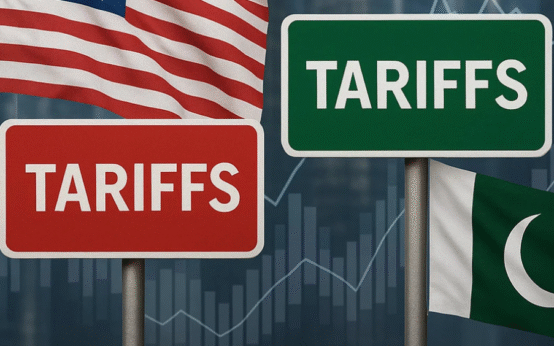At a recent public event in Karachi, Federal Planning Minister Ahsan Iqbal highlighted a concerning reality: Pakistanis pay among the world’s lowest taxes. He said robust tax collection, exports, and foreign investment are essential for building a strong economy. Two years ago, the country nearly defaulted, and only bold reforms backed by public support helped stabilize finances. Interest rates dropped from 22% to 11%, and international credit agencies upgraded Pakistan’s economic rating. Still, he stressed, more support and fair tax contributions are vital for long-term economic growth.
Less Than One Percent of Population Pays Income Tax in Pakistan
The numbers make this even clearer. According to the Federal Board of Revenue , only about 0.57% of Pakistanis roughly 768,000 out of 190 million file income tax returns. This tiny share highlights a nationwide issue of tax avoidance and an unhealthy trust gap between citizens and the state.

Active taxpayers remain low despite growth in returns. As of early 2025, around 7.3 million people registered as filers, but many of them do not actually file income returns. The number of active individual filers hovered around 3.35 million, with a noticeable drop from the previous year.
Complex Tax System and Heavy Indirect Taxes Worsen Inequality
Pakistan collects revenue through a convoluted system of over 70 taxes administered by more than 37 agencies. Despite this complexity, the tax-to-GDP ratio remains low8-10%, well below the OECD average of 25-30% or more. Most of the revenue comes from regressive indirect taxes, which burden middle- and low-income groups the most. Experts say the country leases out power to untaxed elites, fueling widening inequality.
A large part of Pakistan’s economy remains informal and outside the tax net. Smuggling, under-invoicing in real estate, and shadow markets erode revenue. Estimates suggest 40% of GDP operates informally, while elites control most resources without contributing fairly in taxes. Tax evasion reaches 7% of GDP, pushing the country into perpetual debt reliance.
Citizens Support Paying Taxes, But Lack Trust in the System
While the tax structure is broken, public opinion still leans positive: a Gallup Pakistan survey found that 84% of people believe paying taxes is necessary and condemn evasion as harmful. Only 11% opposed paying taxes. This suggests that the real problem lies not in resistance, but in distrust of the government’s use of tax revenue.
Pakistan’s fragile fiscal position demands change. Debt servicing eats up a large chunk of public revenue. The only sustainable path forward is bringing more taxpayers into the net, especially high-earning elites. Experts recommend simplifying the tax system, shifting the burden from indirect to direct taxes, enforcing compliance digitally, and restoring public trust.
Pakistan stands at a fiscal crossroads. One of the world’s lowest taxpayer rates, an over-reliance on harmful indirect taxes, and a class of elites exempt from paying these issues must be fixed for economic stability and fairness. The public seems willing, but the system must reform.


 Pakistan Among Early Adopters of Wi-Fi 7 in Asia-Pacific
Pakistan Among Early Adopters of Wi-Fi 7 in Asia-Pacific  Pakistan’s Struggle to Reduce Poverty
Pakistan’s Struggle to Reduce Poverty  Pakistan Poised to Launch 5G Services in Coming Months
Pakistan Poised to Launch 5G Services in Coming Months  $500m deal, an economic diversification in USA-Pak ties
$500m deal, an economic diversification in USA-Pak ties  Pakistan Bans Andy Pycroft Entry after Handshake Row
Pakistan Bans Andy Pycroft Entry after Handshake Row  Pakistan Demands Urgent UN Action to End Gaza Crisis
Pakistan Demands Urgent UN Action to End Gaza Crisis